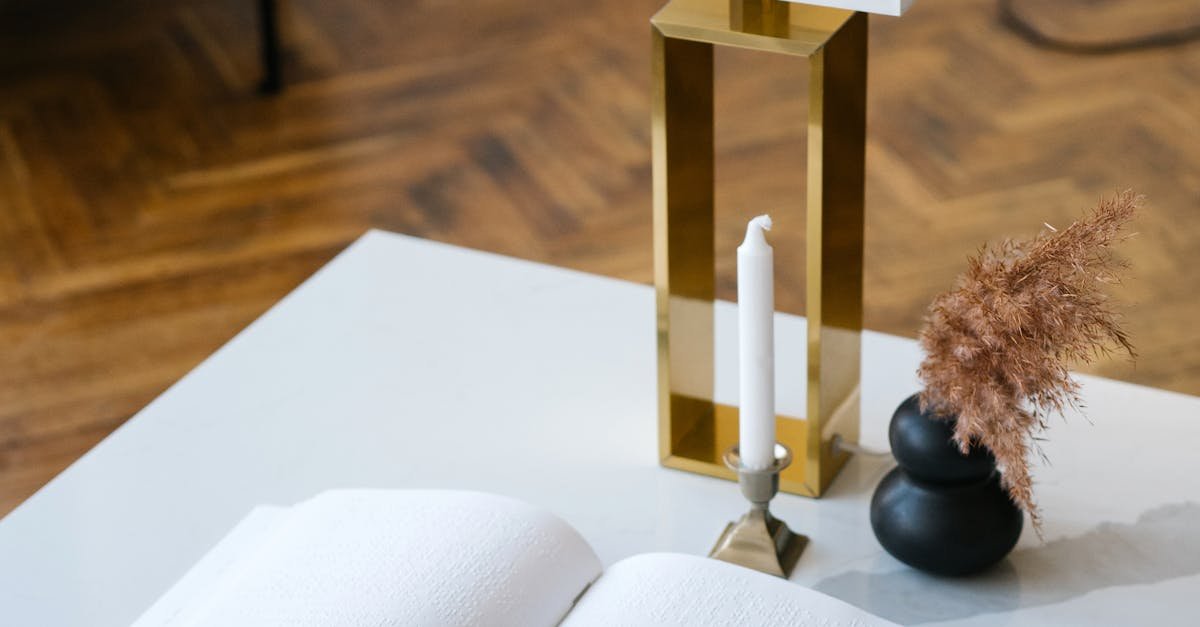
Creating a Haven: Designing the Ultimate Pet-Friendly Home
Estimated Reading Time: 7 Minutes
Key Takeaways
- Stress reduction through design lowers pet anxiety
- Durable materials like microfiber protect furniture
- Vertical spaces satisfy cats\’ climbing instincts
- Multipurpose furniture balances style & functionality
Table of Contents
- What is a Pet-Friendly Home?
- The Benefits of a Pet-Friendly Home
- Choosing the Right Furniture Materials
- Creating Spaces for Cats
- Dog-Proofing Your Home
- FAQs
What is a Pet-Friendly Home?
A pet-friendly home ensures comfort, safety, and happiness for pets while blending with human needs. It integrates features that cater to pets\’ instincts, treating them as essential family members.
The Benefits of a Pet-Friendly Home
- Reduced Stress for Pets: Minimizes anxiety through comfort—learn about stress management
- Better Behavior: Designated spaces reduce destructive habits
- Deeper Bonds: Safe environments strengthen connections—understand pet communication
- Cost Savings: Prevents costly furniture damage
- Healthier Pets: Tailored spaces boost physical/emotional wellness
Choosing the Right Furniture Materials
Prioritize durability and non-toxic materials—see safety guide.
- Leather: Scratch-prone but easy to clean
- Microfiber: Hides hair and withstands claws
- Performance Fabrics: Stain/moisture-resistant
Creating Spaces for Cats
Add vertical exploration zones:
- Cat trees and wall shelves create “highways”
- Place scratching posts strategically—behavior insights
- Hammocks and bamboo flooring add comfort
Dog-Proofing Your Home
- Use gates to manage access zones
- Secure cords and toxic substances
- Trim nails regularly—grooming guide
FAQs
Q: How can I protect furniture from cat scratches?
A: Combine scratching posts with microfiber or leather furniture covers.
Q: What flooring works best for pets?
A: Bamboo and vinyl offer durability against scratches and accidents.
